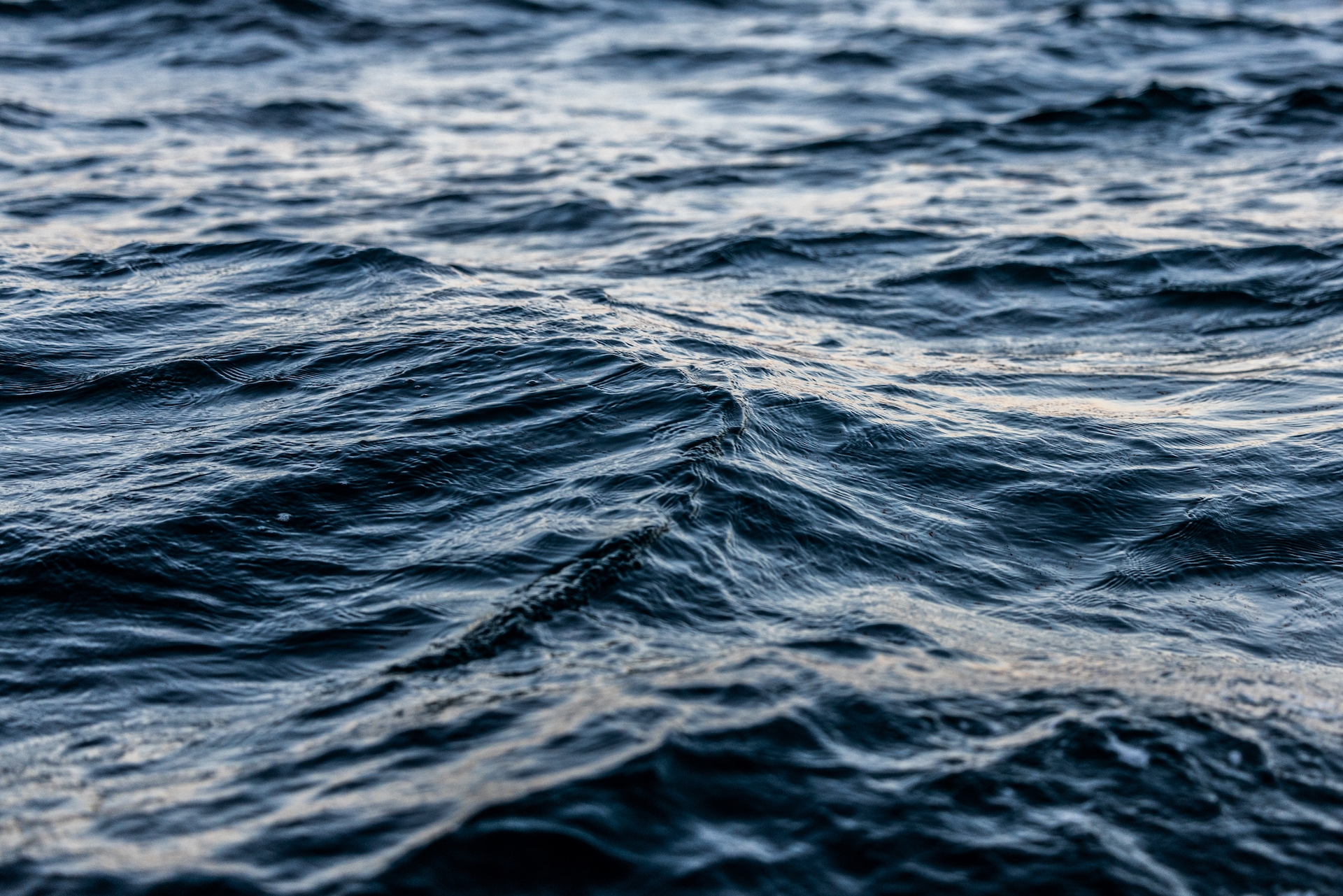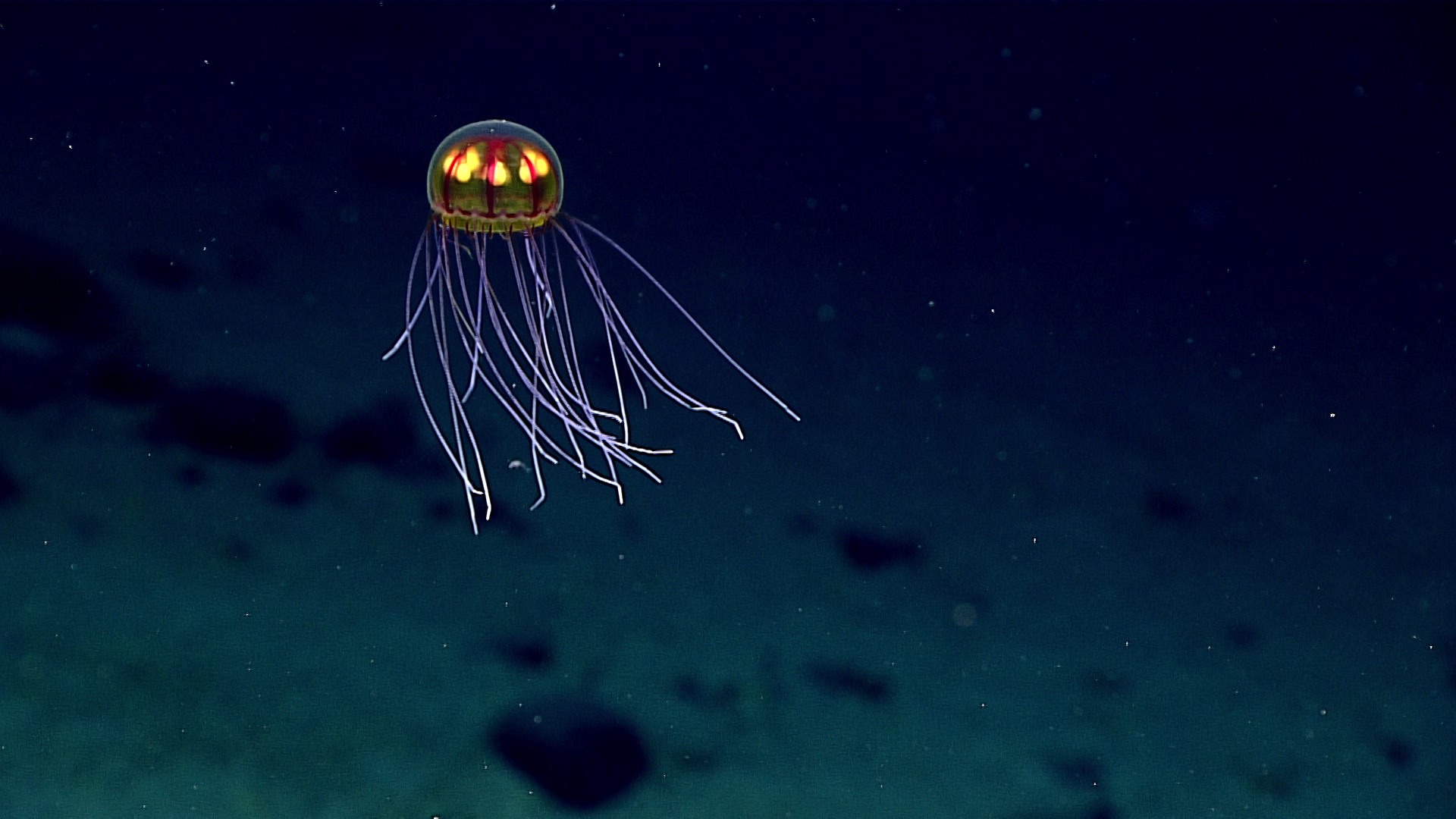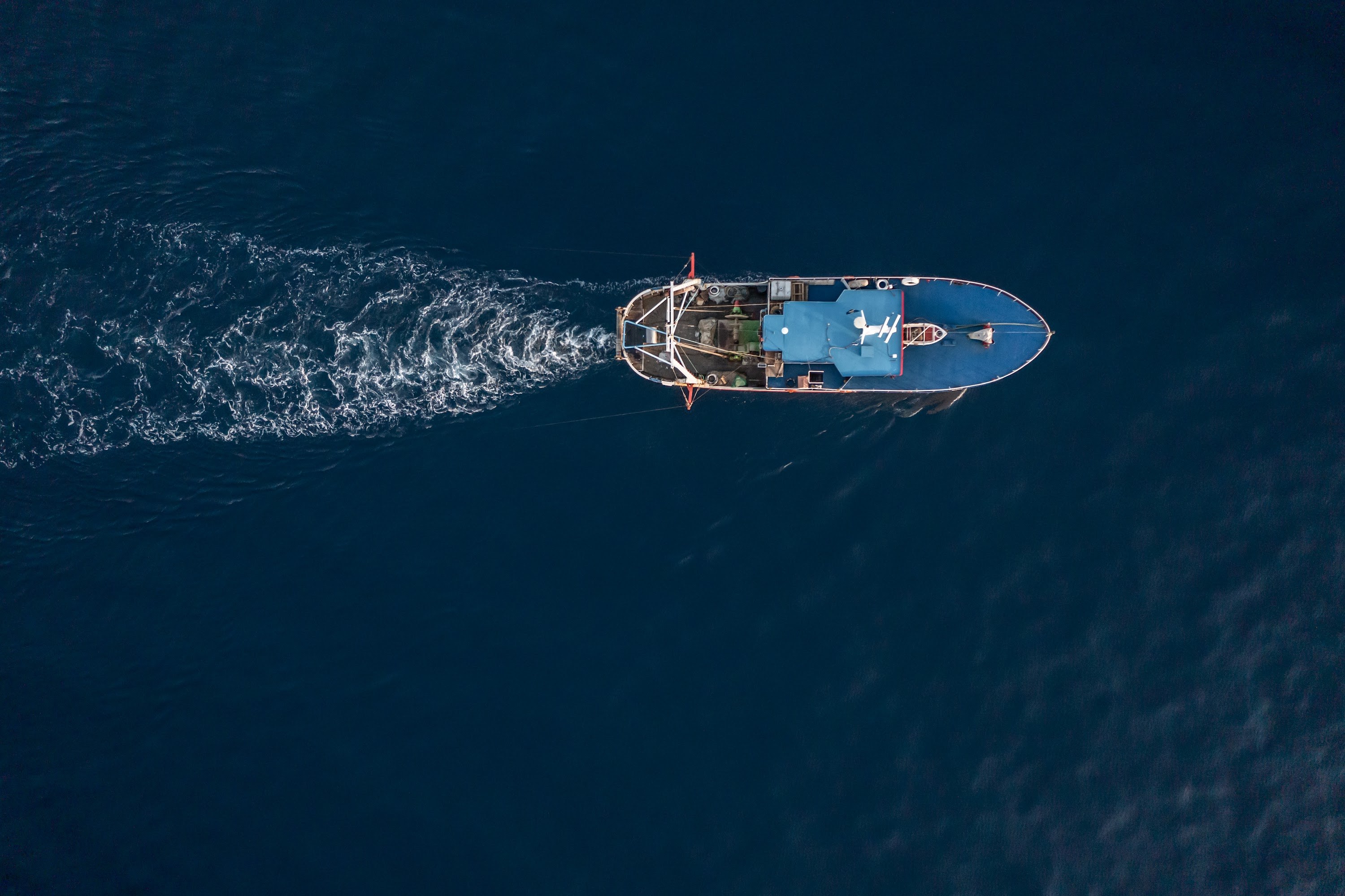
Allowing greater catch misreporting by EU fishing vessels would contravene international law and threaten ocean collapse, research shows
10:00 am, 21 November 2022, Brussels
For immediate release
Proposals that would expand the so-called “margin of tolerance” - the extent to which EU vessels can legally misreport their catch - are a serious threat to ocean ecosystems. They would also not be legal under both international and EU law. This is according to two new pieces of research released today, World Fisheries Day, ahead of tomorrow’s ‘trilogue’ negotiations on the EU Fisheries Control Regulation. At these talks, the Council of the EU, the European Parliament and the European Commission are expected to reach a political deal on the principles for compromising on rules for control on fisheries, and their sustainable management.
Examining the Baltic Sea, an overview of the science available, found that relaxing the rules around fisheries reporting has contributed to severe declines in key fish populations. The Environmental Justice Foundation (EJF) and ClientEarth argue that doing so on a wider scale would make it impossible for EU fleets to fish sustainably, including those outside EU waters. They claim this would significantly undermine the EU’s credibility on the world stage.
The argument is reinforced by an independent legal analysis by Tullio Scovazzi, an eminent former professor of international law, which found that accurate and complete reporting of fishing data is mandatory under both international and EU laws. On the basis of exhaustive research of the relevant legislation, the study demonstrates that new rules to significantly weaken catch reporting - such as expanding the margin of tolerance - would contravene the EU’s legal obligations. They would also reverse almost 40 years of progress in fisheries regulations and likely drive further decreases in conservation measures, the analysis found.
At present, under EU law, fishing vessel operators have a margin of tolerance of 10% per species, meaning that a catch can be up to 10% over or under the reported weight for a given species and remain legal. Fraudulent tricks can then easily double this, and without proper control, detection is highly unlikely.
In 2016, the margin of tolerance rules were relaxed in the Baltic so that as long as the total catch was within 10% of the reported weight, different species, such as herring and sprat, could be reported interchangeably. In practice, this meant a given species would be reported until the quota for that species was reached, after which it was reported as another for which the quota had not yet been filled.
This misreporting has contributed to a fall in key fish populations, and a significantly reduced ability to track their real numbers, the research suggests. Current proposals from Member States and the European Parliament for the margin of tolerance are based on the total catch, instead of per species.
If these proposals go ahead, particularly coupled with evidently low inspection rates, the ecological and economic destruction seen in the Baltic Sea would have a much broader effect, say EJF and ClientEarth. They could threaten already overfished species, including yellowfin tuna in the Indian Ocean. Moreover, the legality of such weaker EU rules would be very questionable under both international and EU law.
Arthur Meeus, Fisheries Lawyer at ClientEarth said: “Scientific experts, industry bodies and people from across Europe have been lining up to call for no backsliding on sustainable fisheries, and this new research demonstrates why. Without transparency, accurate, science-based management of fisheries is impossible. The evidence presented shows that from both ecological and legal perspectives, relaxing the margin of tolerance is highly dangerous.”
Steve Trent, CEO and Founder of the Environmental Justice Foundation, said: “In the long run, everyone loses out if we open the door to fish fraud. Fish populations will collapse, honest fishers will be at a disadvantage, and the EU’s credibility will be critically undermined in efforts to drive sustainable fisheries on the world stage. EU leaders simply must take this research seriously and stand up for a healthy ocean at tomorrow's trilogue negotiations. We are all depending on them to do so.”
ENDS
Notes for editors
In June, leading scientific experts signed an open letter coordinated by EJF, calling on EU leaders to maintain the margin of tolerance to ensure sustainable fisheries. This letter can be seen here.
The Environmental Justice Foundation is an international non-governmental organisation working to protect the environment and defend human rights. EJF is a charity registered in England and Wales (1088128).
For more information contact the EJF Press Office at media@ejfoundation.org.
